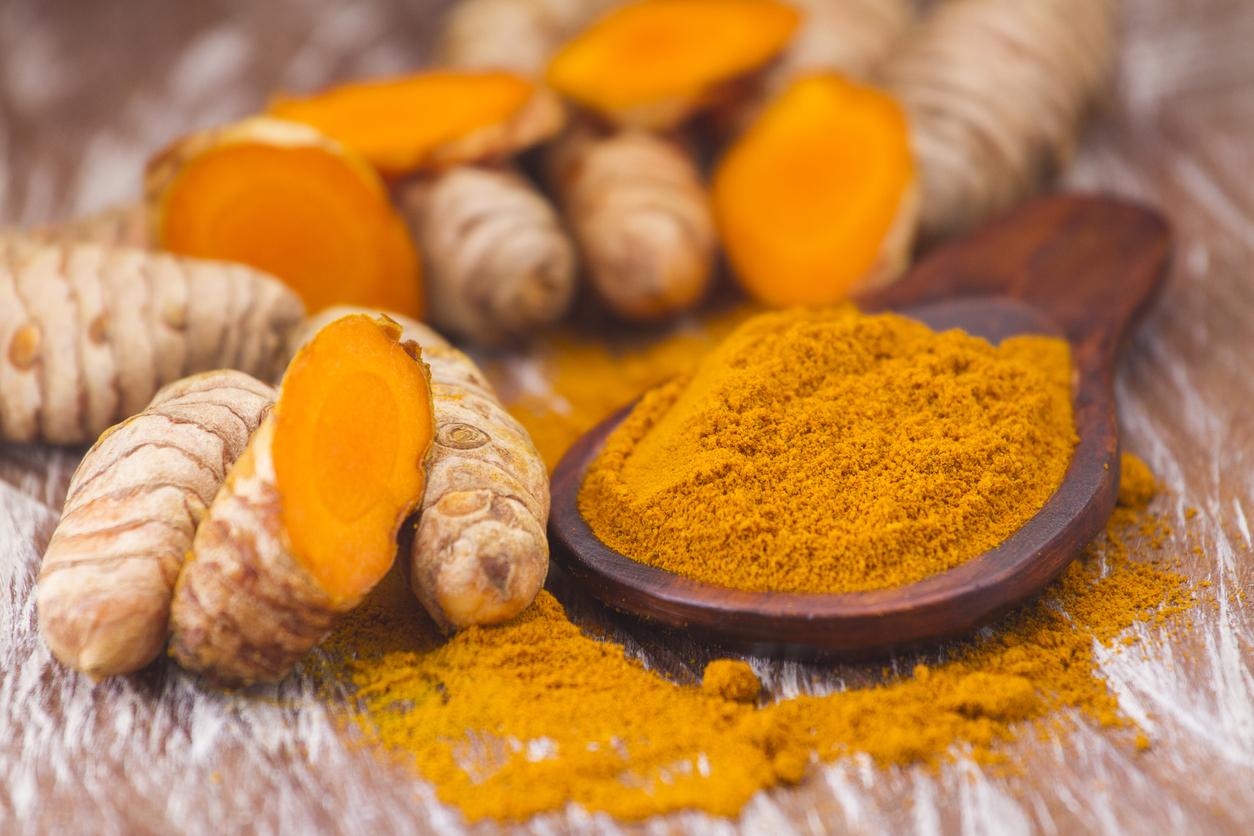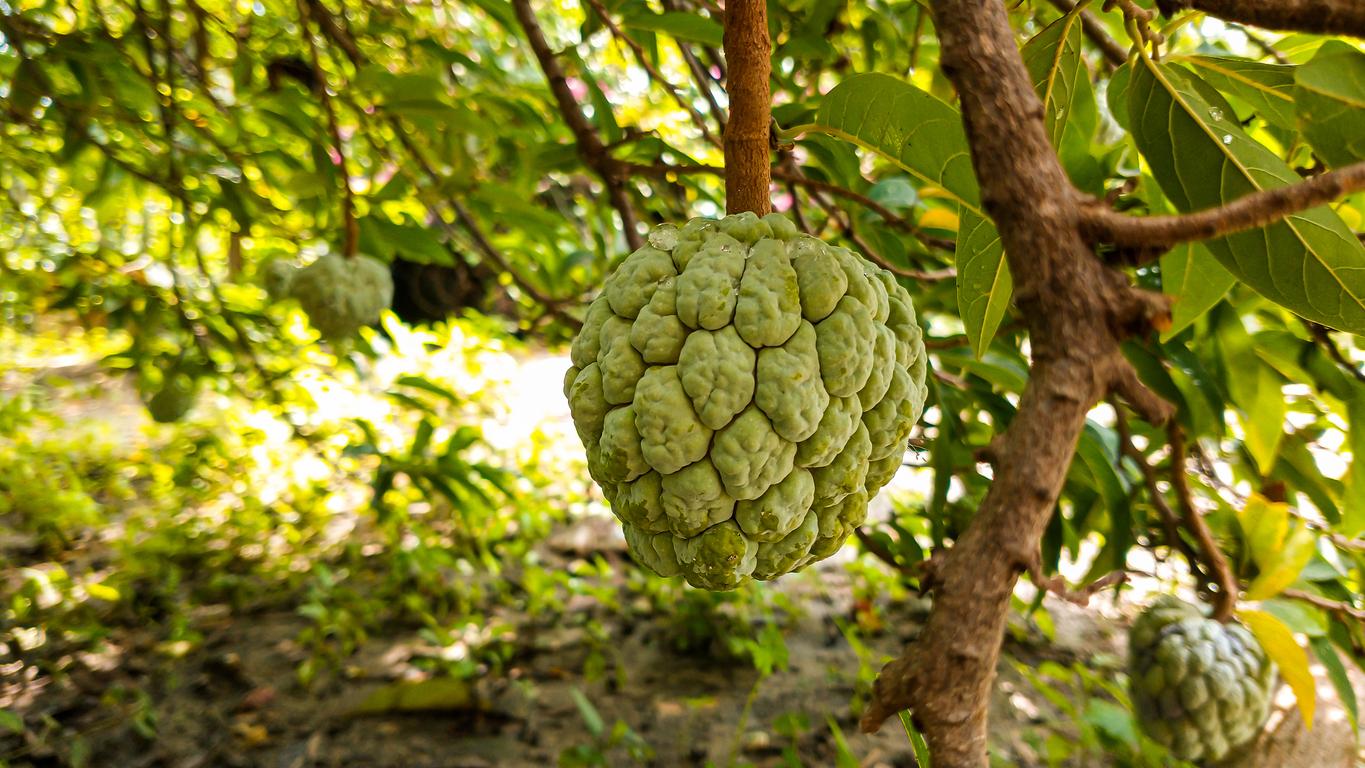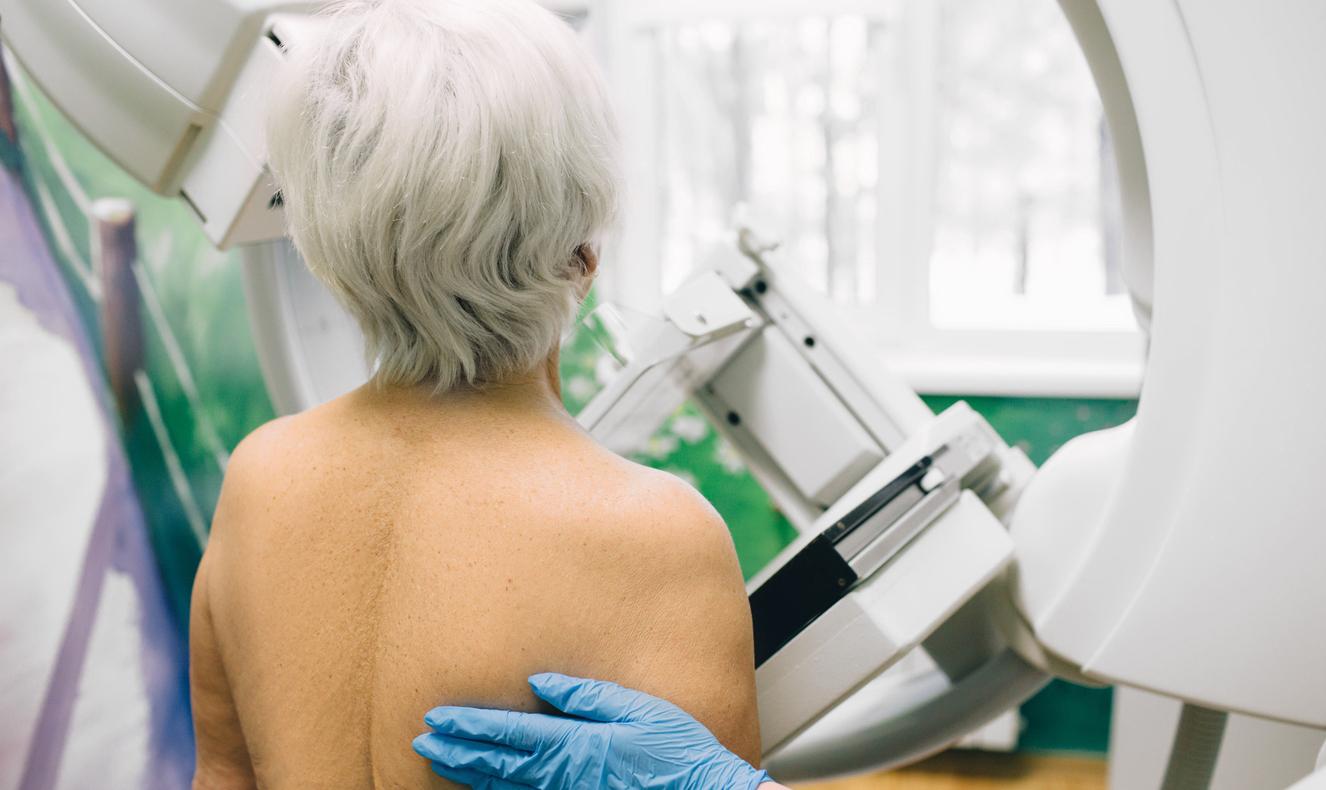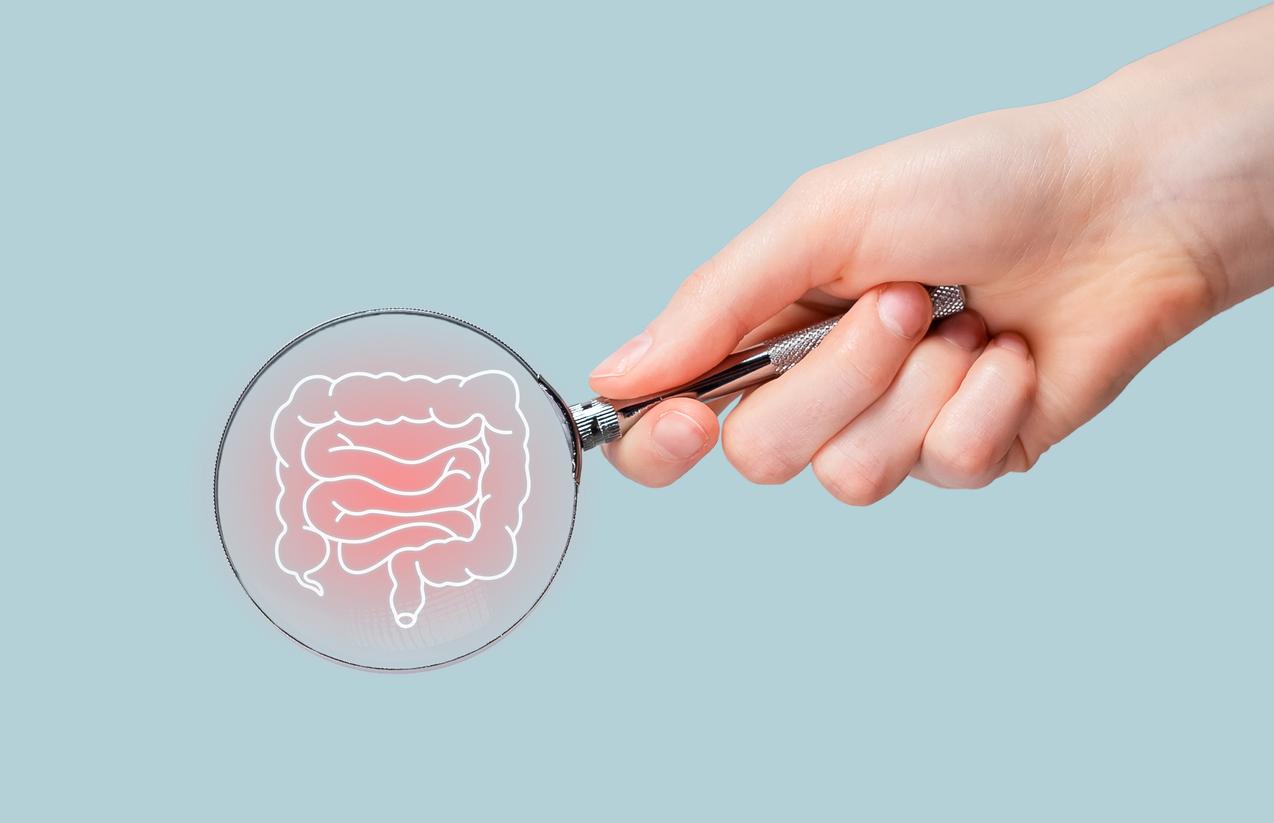Japanese scientists have isolated a polyphenolic compound derived from blueberries with a strong immunosuppressive effect. They believe it could be the basis for new drugs for inflammatory bowel disease.

- Japanese researchers have isolated a substance with strong immunosuppressive power.
- Japanese researchers have isolated a substance in blueberry with strong immunosuppressive power.
- This compound appears to be able to decrease the immune response in patients with chronic inflammatory bowel disease that causes ulcers.
the pterostilbene, a polyphenol composing the blueberry, would have a strong immunosuppressive property. This is the discovery of a research team from the Tokyo University of Sciences (Japan) which published its results on September 22 in the newspaper The Faseb (Federation of American societies for experimental biology). These researchers have specialized for years in the identification new active components in functional foods and their effects on the body.
This time it was the blueberry that caught their attention. Known for its antioxidant effect, its protection against myocardial infarction or the onset of type 2 diabetes, scientists have investigated its influence on the immune system. “Resveratrol, a polyphenol, was known to have pronounced immunomodulatory and anti-inflammatory effects on ulcerative colitis [inflammation chronique de la paroi intérieure du côlon, NDLR] animalsdetails Dr. Takuya Yashiro, corresponding author of the study. Therefore, we investigated the possibility of other compounds structurally similar to resveratrol as a new type of treatment for inflammatory bowel disease.”
Pterostilbene: tamer of T lymphocytes
Scientists know that the lining of the gastrointestinal tract of people with inflammatory bowel disease contains long-lasting ulcers due to an overly high immune response. At the microscopic level, researchers observe an excessive presence of cytokines, a substance that regulates cell proliferation. These are produced by dendritic cells which also activate T cells at the start of the immune response. Reducing this immune response would provide relief to patients suffering from these inflammatory diseases.
In this perspective, the scientists have isolated and compared different plant substances similar to resveratrol which they tested on a proliferation of T lymphocytes activated by dendritic cells. the pterostilbene caught their attention due to its strong immunosuppressive properties. Challenged, they observed that pterostilbene prevents T cells from differentiating into Th1 and Th17 (subtypes of T cells that elevate the immune response) while increasing their differentiation into regulatory T cells (another subtype known to inhibit inflammation). In addition to “softening” the immune response of T lymphocytes, the researchers noticed that this substance also inhibits the production of inflammatory cytokines secreted by dendritic cells. In a clinical trial on mice with chronic inflammatory bowel disease, researchers found that taking this pterostilbene orally suppresses the immune system, which makes their inflammatory disease symptoms worse.
“For disease prevention, it is important to identify beneficial components of foods and understand the underlying mechanism by which immune responses and homeostasis [stabilisation de réglages dans les organismes vivants, NDLR] are modulated in the bodyassures Takuya Yashiro. Our results show that pterostilbene has a strong immunosuppressive property paving the way for a new natural treatment for inflammatory bowel diseases.”
.















